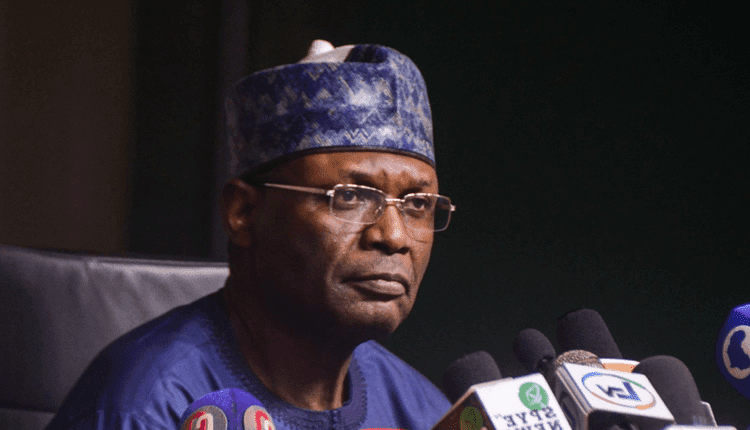The Independent National Electoral Commission (INEC) has wrapped up its defence in the ongoing petition filed by Peter Obi and the Labour Party before the Presidential Election Petition Court (PEPC). INEC’s lawyer, Abubakar Mahmoud, announced the closure of the first respondent’s case after the testimony of the sole witness, Dr Lawrence Bayode, a Deputy Director in the Information and Communication Technology (ICT) Department of INEC.
During the proceedings, INEC tendered several documents as evidence, which were admitted and marked as exhibits. Dr Bayode, the witness, informed the court that he had served INEC for 24 years and explained that the testing of the software application for the election had occurred on February 4.
Under cross-examination by Patrick Ikwueto, the counsel for the petitioners, the witness revealed that a report on the testing existed but was not present in the court. The petitioners, however, submitted the E-transmission saver Web and compliance form through the witness, and it was admitted and marked as evidence.
Dr Bayode further stated that pre-production tests were conducted before the election. When asked if the hard copy of the results would differ from the ones in the IreV (INEC Results Viewing Portal), he answered in the negative. He did, however, acknowledge that some discrepancies could arise when transmitting the results from form EC8A to the IreV.
The witness confirmed that performance, functionality, and vulnerability tests were performed before the election. He agreed with Ikwueto’s statement that the report of the e-Transmission application identified remediation measures to address the high vulnerability identified in the report.
Responding to questions from Wole Olanipekun, counsel for Messrs Tinubu and Shettima, the witness affirmed that the foundation and authenticity of any election conducted by INEC were rooted in forms EC8A and EC8E. He added that blurred documents downloaded from INEC IreV would not impact the physical results in form EC8A since the image was irrelevant.
The witness stated that the election concludes with the recording, snapping, and sending of results to INEC’s IreV. When queried by the APC counsel, Lateef Fagbemi, the witness explained that the physical results were used to compute the final election results. He clarified that any unclear data downloaded from the IreV could also be obtained from the physical results.
Regarding the ECOWAS observation of the election, Dr Bayode confirmed their presence but noted that he did not possess their report. He stated that the cloud trial log account of INEC could be obtained from Amazon Web Services (AWS). This log account would demonstrate the patches deployed on the E-transmission applications on AWS to address the glitches encountered on election day.
After the testimony of the sole witness, Mahmoud announced the closure of INEC’s defence in the Obi and Labour Party petition. Mr Olanipekun subsequently informed the court that Messrs Tinubu and Shettima, the second and third respondents in the petition, would begin their defence on the following day.
The five-member panel, led by Justice Haruna Tsammani, adjourned the proceedings until the next day for the opening of the defence by Tinubu and Shettima. The petition, marked CA/PEPC/03/2023, was initiated by Mr Obi and the Labour Party, challenging the election that brought President Bola Tinubu into power. Respondents in the petition include INEC, President Bola Tinubu, Vice President Kashim Shettima, and the All Progressives Congress (APC).
NAN
